Blog
who invented pickleball and why was it called pickleball
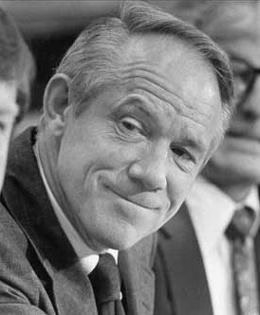
In the realm of sports, few games have captured the hearts of enthusiasts quite like pickleball. A unique blend of tennis, badminton, and table tennis, this engaging racket sport has carved out a dedicated following and is enjoyed across generations. But as we rally from one side of the court to the other, a curious question hovers in the air: who invented pickleball, and what’s the story behind its peculiar name? This article delves into the origins of pickleball, exploring the creativity behind its inception and the whimsical tale that gave the game its distinctive moniker. Join us as we serve up a slice of history, revealing how a backyard game transformed into a burgeoning phenomenon enjoyed by millions.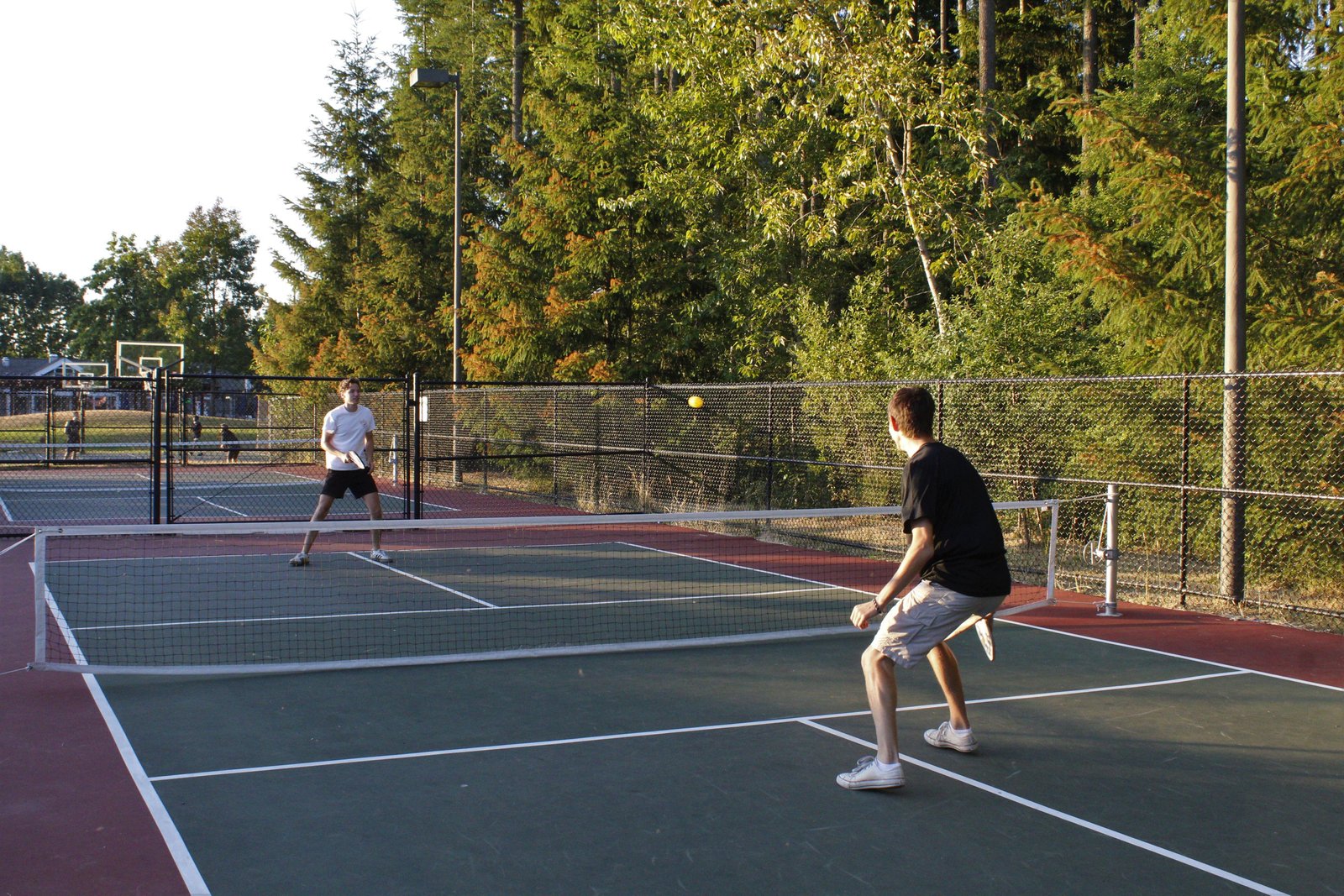
The Origin Story of Pickleball and Its Inventors
In the summer of 1965, three fathers—Joel Pritchard, Bill Bell, and Barney McCallum—found themselves faced with a common problem: their children were bored during a family gathering on Bainbridge Island, Washington. Seeking to entertain them, the trio devised a makeshift game using a few simple items: a perforated plastic ball, wooden paddles, and a badminton court. The initial objective was straightforward, yet there was something captivating about the blend of badminton, tennis, and ping-pong that kept everyone engaged. As the game gained momentum, they experimented with rules and equipment, morphing it into something that would soon take on a life of its own.
The intriguing name “pickleball” is often linked to either the family dog, Pickles, who loved to chase the ball, or to the idea of a “pickle boat” in crew, referring to a vessel made up of crew members from different teams. Regardless of the origin, the term perfectly encapsulates the playful spirit of the game. Over the years, pickleball has evolved from a backyard pastime to a sport enjoyed by millions, embracing its inventors’ original vision of fun and camaraderie. Today, it stands as a testament to creativity, teamwork, and the joy of play.
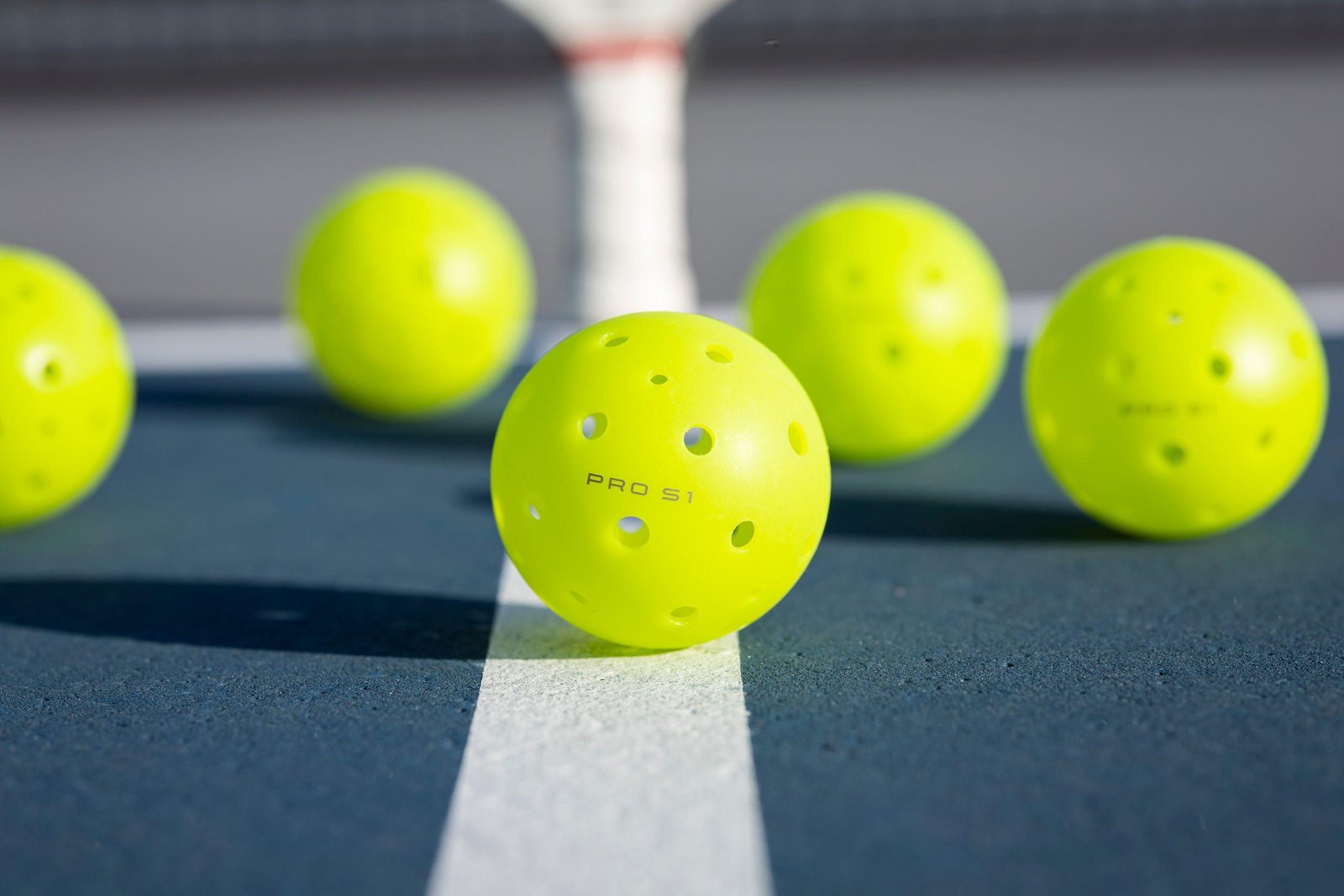
Decoding the Name: The Curious Tale of Pickles and Balls
The origins of pickleball are as quirky as its name. This beloved sport was invented in 1965 by three fathers from Washington state—Joel Pritchard, Bill Bell, and Barney McCallum—who set out to create a new game to entertain their children during a lazy summer afternoon. While the exact details of their brainstorming session may be lost to time, what remains clear is that they combined elements of tennis, badminton, and ping-pong into a delightful racquet sport played on a smaller court. This innovative fusion resulted not only in a fun activity but also a unique title that has teased and intrigued enthusiasts to this day.
The name “pickleball” has sparked various theories about its origin. One popular account claims it was named after the family dog of one of the inventors, who allegedly enjoyed chasing the ball around during games. Others suggest it was derived from the term “pickle boat,” referring to the last boat to return with a catch in crew racing—an apt metaphor for the game’s eclectic collection of influences. To further unravel the mystery, let’s consider a whimsical table summarizing both interpretations:
| Origin Theory | Details |
|---|---|
| Dog Connection | The inventors’ dog loved to chase the ball. |
| Pickle Boat | A nod to the last boat returning in crew racing. |
While the true story may remain elusive, it’s clear that pickleball has grown from its humble and playful beginnings into a global phenomenon. Whether you envision a rambunctious dog or a dynamic crew boat, it’s that joyful spirit that has allowed pickleball to thrive in the hearts of millions—and perhaps that’s the magic behind its catchy name.
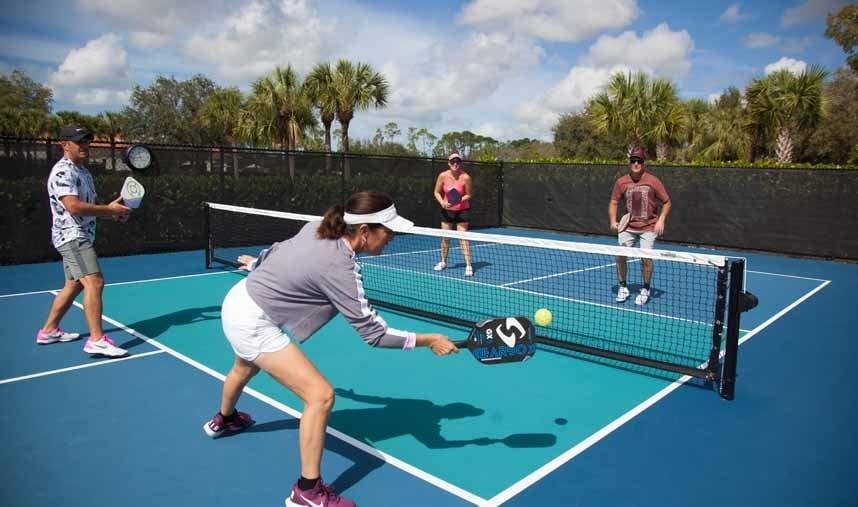
The Evolution of Pickleball: From Backyard Game to Global Phenomenon
In the summer of 1965, the invention of pickleball emerged from a blend of necessity and creativity, thanks to three friends: Joel Pritchard, Billy Joel, and Barny McCallum. Faced with a lack of traditional sporting options for their families, they repurposed an old badminton court in Pritchard’s backyard. Using a perforated plastic ball and wooden paddles, they devised a game that incorporated elements of tennis and ping-pong, giving birth to the unique and engaging sport we now know as pickleball. The simplicity of the rules and the minimal equipment made it accessible for players of all ages, transforming a mundane afternoon into a fun family activity.
The playful name “pickleball” sparked curiosity and has led to various theories about its origin. One common explanation attributes the name to Pritchard’s dog, Pickles, who loved to chase the errant balls during games. In contrast, others suggest it was inspired by the term “pickle boat,” which refers to the last boat to return with its catch in rowing, symbolizing the mixed nature of the game itself. Regardless of its true origins, this quirky name encapsulates the sport’s unpretentious spirit and sense of joy, paving the way for its evolution from an innovative backyard pastime to a global sensation that attracts millions of enthusiastic players around the world.
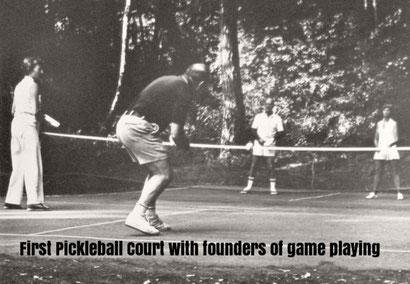
Why You Should Try Pickleball: Insights and Recommendations for New Players
Pickleball has gained a reputation as one of the fastest-growing sports in the United States. With its unique blend of tennis, badminton, and ping-pong elements, this paddle sport offers a refreshing and accessible athletic experience for players of all ages. One of the most exciting aspects of pickleball is how easy it is to learn. New players often find that the smaller court size and slower pace allow them to quickly pick up the rules and develop their skills. The chance to enjoy friendly competition while engaging in a fun social environment is a significant part of pickleball’s appeal. If you’re contemplating joining the craze, keep in mind the myriad of benefits it brings:
- Social Interaction: Meet new friends or bond with family members during recreational play.
- Low Impact: Enjoy a physically engaging game that’s easier on the joints compared to traditional racquet sports.
- Cognitive Engagement: The strategic elements require quick thinking and awareness, offering a fun mental workout.
When venturing into the world of pickleball, it’s advisable to follow some practical recommendations to enhance your experience. Consider joining local clubs or community courts where you can find welcoming environments that host beginner sessions. Additionally, investing in a quality paddle that suits your grip and style can make a significant difference in your performance and enjoyment. It’s worth noting that etiquette is vital; understanding court rules and respecting other players enhances the overall atmosphere of the game. Here’s a quick illustration of essential gear for new players:
| Essential Gear | Description |
|---|---|
| Paddle | Your primary tool for gameplay; choose a supportive grip and weight. |
| Ball | Specialized lightweight plastic balls for indoor or outdoor play. |
| Sneakers | Comfortable footwear with good traction is crucial for movement on the court. |
Q&A
Q&A: The Origins of Pickleball and Its Unique Name
Q: Who invented pickleball?
A: Pickleball was invented in the summer of 1965 by three dads: Joel Pritchard, Bill Bell, and Barney McCallum. These friends were looking for a way to entertain their families during a vacation on Bainbridge Island, Washington. They combined elements of badminton, tennis, and table tennis to create a new game that could be played on any flat surface.
Q: How did they come up with the idea?
A: The genesis of pickleball was quite spontaneous! After a day of attempting to set up a badminton net and discovering that they didn’t have the proper equipment, the three men improvised. Using a perforated plastic ball and paddles, they devised a game that could be enjoyed by players of all ages and skill levels. It was all about family fun and inclusivity.
Q: Why is it called “pickleball”?
A: The name “pickleball” has a couple of stories behind it. One popular theory is that it was named after Pritchard’s dog, Pickles, who would chase after the balls during the games. While this charming tale adds a little flair, Pritchard himself has quipped that the name actually came from the term “pickle boat,” referring to the last boat to return with its fish catch, suggesting that their game was a mix of different sports—and that it was a bit of an afterthought.
Q: Is there any significance to the name outside of the dog and boating references?
A: The essence of “pickleball” reflects the game’s fun, spontaneous spirit. The combination of various racquet sports into one new game exemplifies a playful approach to creating something different. Whether it’s named after a pooch or a quirky nautical term, the name speaks to the inclusivity and lightheartedness that the game embodies.
Q: How has pickleball evolved since its inception?
A: Since its humble beginnings, pickleball has grown exponentially. Today, it boasts millions of players across the globe, with organized leagues, tournaments, and a dedicated following. The sport has adapted modern equipment and professional governance while still retaining the family-friendly spirit that initiated its creation.
Q: What are some interesting facts about pickleball today?
A: Pickleball has become one of the fastest-growing sports in America, appealing to young players and retirees alike. In addition to being played on outdoor courts, it has made its way indoors in gymnasiums and recreational centers, and there are even professional pickleball leagues now. The versatility and enjoyment factor ensure that pickleball continues to captivate audiences—proving that a simple idea can lead to something spectacular.
whether you credit Alex Pritchard’s playful pup or the quirky origins of its name, pickleball stands as a testament to creativity, community, and the joy of play.
Insights and Conclusions
As we wrap up our exploration of pickleball’s origins, we find ourselves drawn into a delightful tapestry woven with the threads of creativity, friendship, and a dash of whimsy. The sport that has captured the hearts of millions wasn’t born from a grand design but rather as a playful solution to a summer’s day dilemma. Joel Pritchard, Bill Bell, and Barney McCallum’s inventive spirit not only gave rise to an engaging pastime but also a name that ignites curiosity—pickleball. Whether you believe it’s named after a beloved dog or a pickle boat from crew racing, the story adds a layer of charm to every match.
So, the next time you step onto the court, paddle in hand, remember that you’re participating in a sport rich with history and laughter—an enduring legacy born of friendship and a shared love of play. As we continue to see pickleball evolve and flourish, it serves as a reminder that sometimes the best ideas come from moments of spontaneity, forever changing lives in ways that can only be described as truly pickled with joy.












